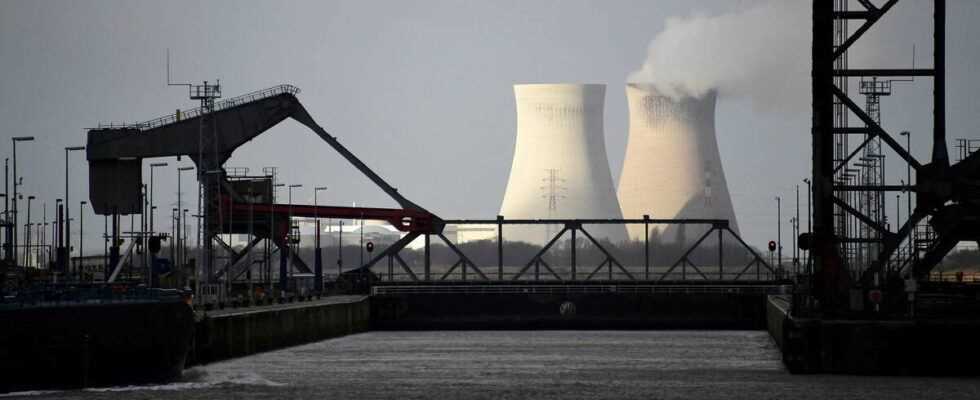The commitments made by Belgium some twenty years ago are finally coming to an end. An agreement concluded this Thursday morning between the partners of the government coalition confirms that the country will indeed shut down its current seven nuclear reactors by 2025. And this at a time when France wants to build new nuclear power plants.
The gradual phase-out of nuclear power has been enshrined in law in Belgium since 2003. When this ambitious decision was taken, the atom provided 60% of the country’s electricity. The last deadline retained is the year 2025, a date that the current government has committed to respecting by taking office in October 2020.
Research in small modular reactors
The country’s two nuclear power plants, totaling seven reactors built during the 1970s, are obsolete and have experienced numerous incidents. During the last decade, the Belgian nuclear security problems have given a cold sweat to the riparian agglomerations and neighboring countries.
But the nuclear phase-out issue divides the coalition currently in power, which mainly associates liberals (the political family of the Prime Minister, Alexander De Croo), socialists and ecologists. For a month, the French-speaking liberals of the MR, one of the seven parties in the team, warned against the scenario of a complete exit defended by the Minister of Energy, the Flemish ecologist Tinne Van der Straeten.
They called for keeping part of the current nuclear capacities, arguing in particular that the new gas-fired power stations planned to secure the energy supply are too polluting and generate CO2. Today, nuclear power accounts for around 40% of the electricity produced in Belgium.
However, Belgium is not closing the door to new generation nuclear power. Concluded after a night of negotiations, the agreement plans to invest “In research on sustainable and CO2 neutral energies”, including in the nuclear energy of the future. The country will thus allocate “Around 100 million euros” research on small modular reactors (SMR).
